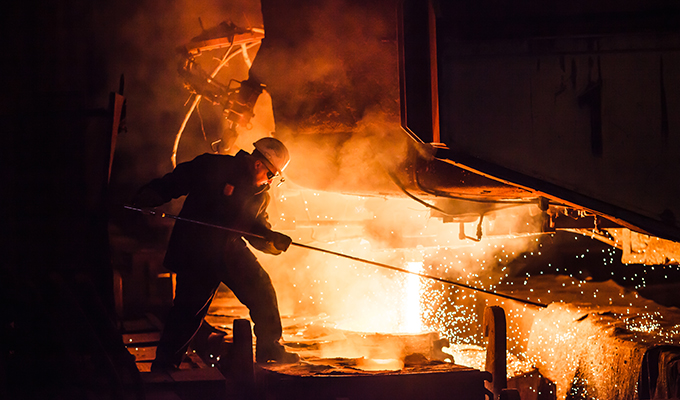Investments into new technology and new sites required to achieve a transition to low-carbon steelmaking ought to be kept within Germany or the EU, German industry players say.
The transition towards direct reduced iron-based technology was a key theme at the Green Day conference organised earlier this month by German steel stockholders association BDS. Given that Germany, especially, is a country of high energy costs, the question arose if new mills should be built offshore. “Wouldn’t the investments make more sense in places where renewable energies are more abundant?” asked Heinrich Sülzle of distributor Sülzle Gruppe.
Karl-Ulrich Köhler, chief executive of the Saarland mills, concurred. “We have value chains with the highest know-how in the EU and Germans, especially, and we would be crazy giving up what has made us strong,” Kallanish heard him say. He added that offshoring for the sake of lower initial costs would be short-sighted.
Arne Langner of ArcelorMittal gave the example of the group’s mill in Canada, Dofasco, which recently received public support approval from the government. Such bureaucratic necessities are a weakness of the EU because they are time-consuming, he said. Still, the global group also plans investment at its German mills, as well a shift of technology towards DRI.
One group that already received approval for support for its plans is Salzgitter AG. Its speaker Alexander Redenius agreed that a move to other shores would shake the entire existing supply chain. “We are focusing on the sites here, and we do not want to lose them,” he affirmed.
Christian Koehl Germany






